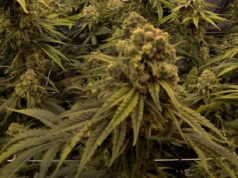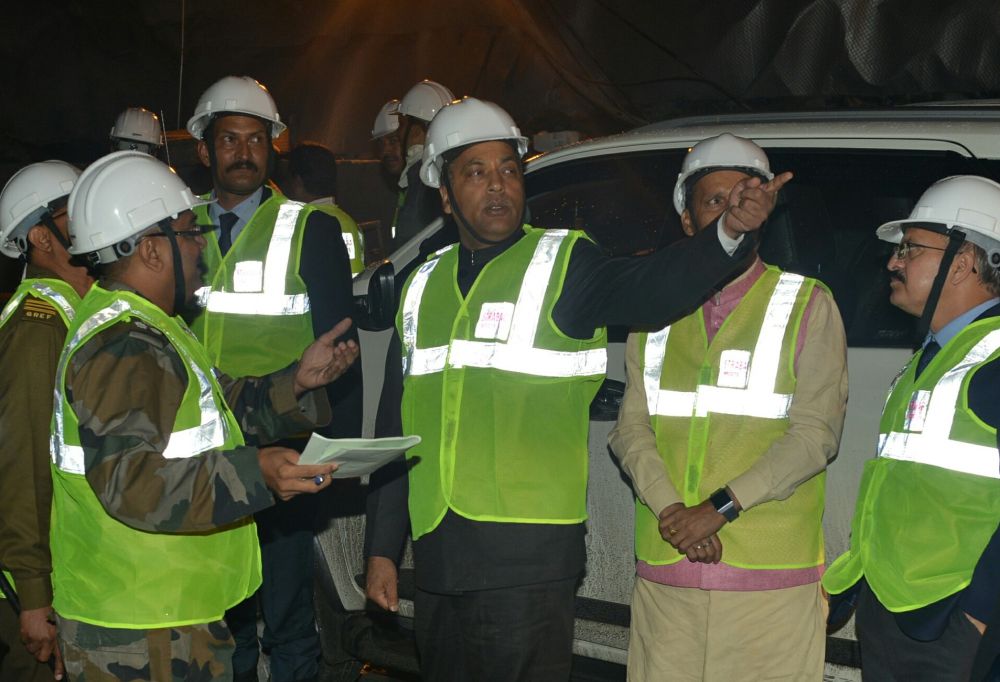Shimla – In a landmark development that could herald a transformative economic boost for Himachal Pradesh, a specially appointed committee has submitted its report to the state Assembly House, recommending the legalization of hemp cultivation for industrial, scientific, and medicinal purposes within controlled environments. The implications of this proposal are staggering, with the potential to inject a substantial Rs 500 crore into the state’s coffers annually, right from the outset.
The committee, chaired by Cabinet Minister Jagat Singh Negi, has expressed unwavering optimism regarding the viability of this pioneering initiative. According to Negi, the successful implementation of the scheme will require active collaboration with the Agriculture and Horticulture Department, which is pivotal in ensuring its success. A notable advantage of hemp cultivation in Himachal Pradesh is its suitability for the state’s unique geographical location and climate, which allows for sustainable cultivation without the need for chemical pesticides and fertilizers.
Beyond its potential economic windfall, hemp cultivation brings several environmental benefits to the table. Hemp’s remarkable versatility allows its stalks, seeds, and leaves to be ingeniously transformed into a diverse range of valuable products, including construction materials, textiles, furniture, cosmetics, and biofuels. Additionally, hemp contains CBD, a compound known for its efficacy in managing conditions such as cancer, epilepsy, and chronic pain.
To allay concerns about intoxicating substances, Negi clarified that crops grown from the recommended hemp seeds for farming would be entirely free of such agents, ensuring the responsible and controlled cultivation of this promising crop.
The committee’s journey toward formulating these recommendations included fact-finding missions to various institutions and organizations. Their visit to the Center for Aromatic Plant in Selaqui, Uttarakhand, provided valuable insights into the wide array of products that can be derived from hemp. Additionally, they engaged with experts from the Central Narcotics Bureau in Gwalior to gain a comprehensive understanding of the legal aspects surrounding hemp cultivation. To explore the potential of hemp in medicine, the committee consulted with experts at the Indian Institute of Integrative Medicine in Srinagar.
This ambitious initiative holds the promise of not only revitalizing Himachal Pradesh’s economy but also promoting sustainability and advancing the state’s position as a leader in the cultivation and utilization of hemp for the betterment of society and the environment. With this visionary proposal, Himachal Pradesh is poised to take a pioneering step toward a brighter, more prosperous future.
As the state awaits the next steps in the legislative process, it is clear that hemp could become a game-changer for Himachal Pradesh’s economy, potentially providing a much-needed boost during these challenging times. The potential Rs 500 crore annual income from hemp cultivation could be a lifeline for a state grappling with financial difficulties, ushering in a new era of economic growth and sustainability.








